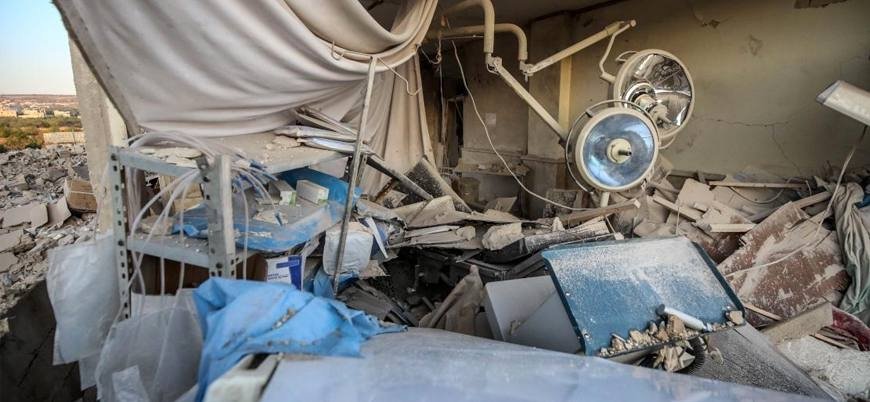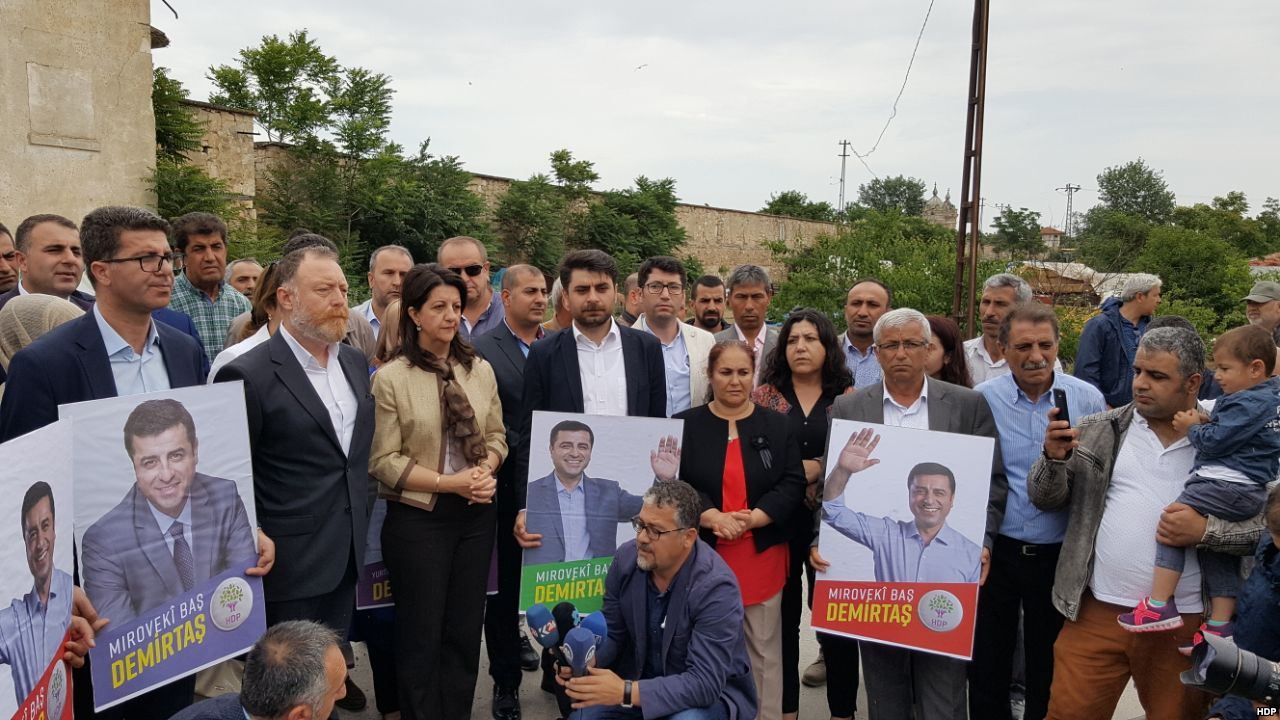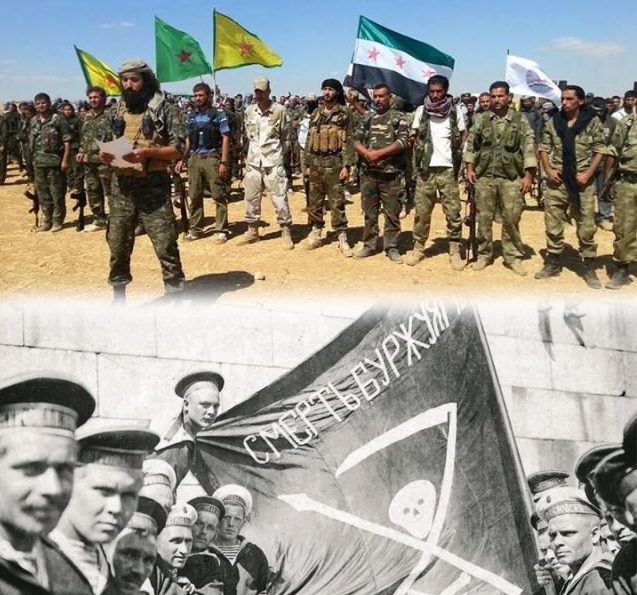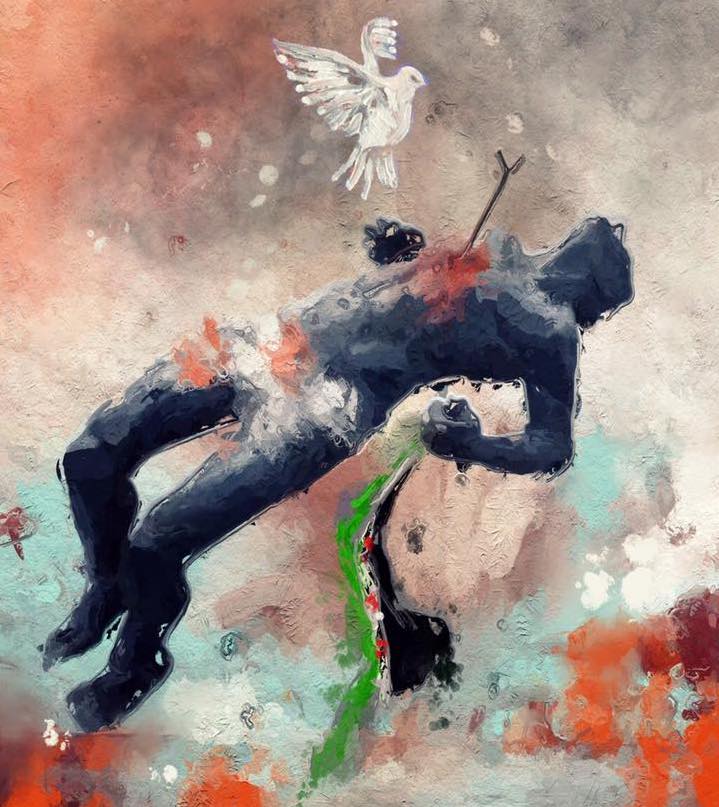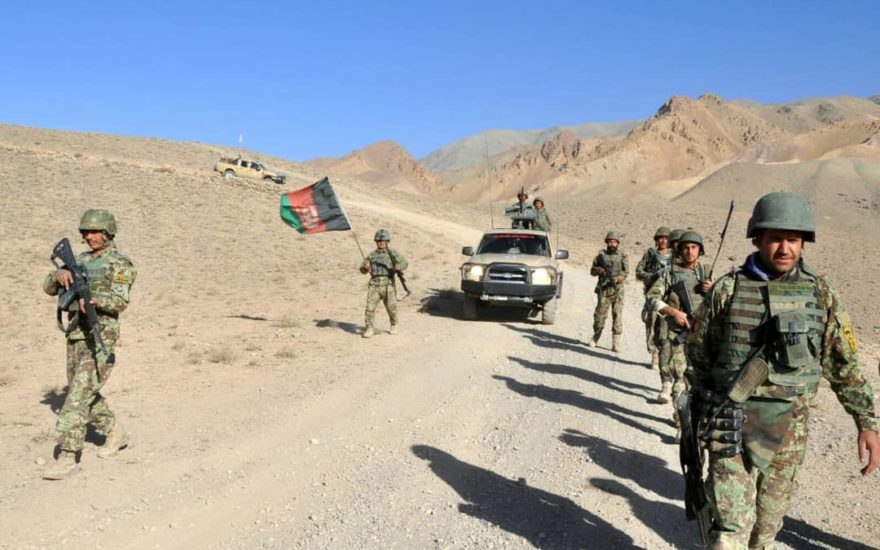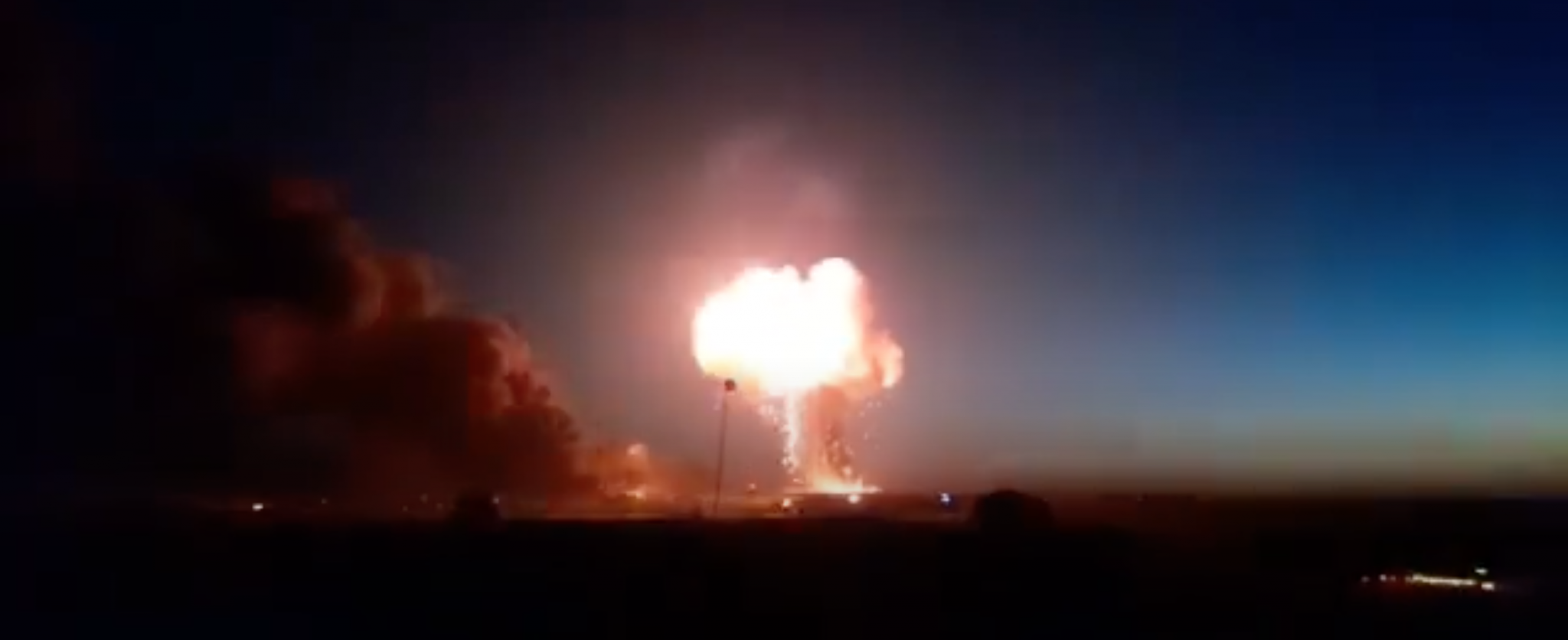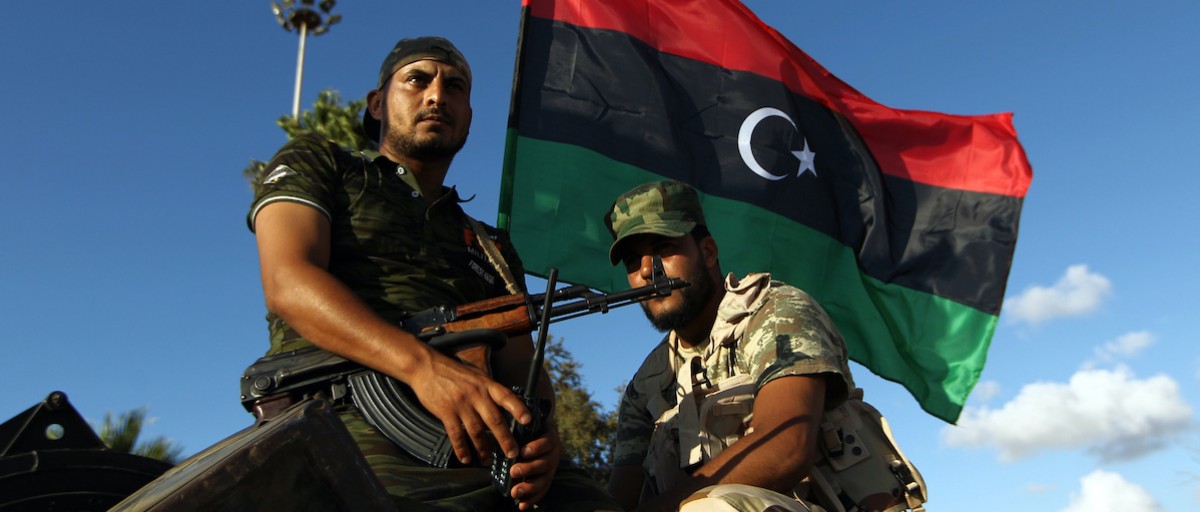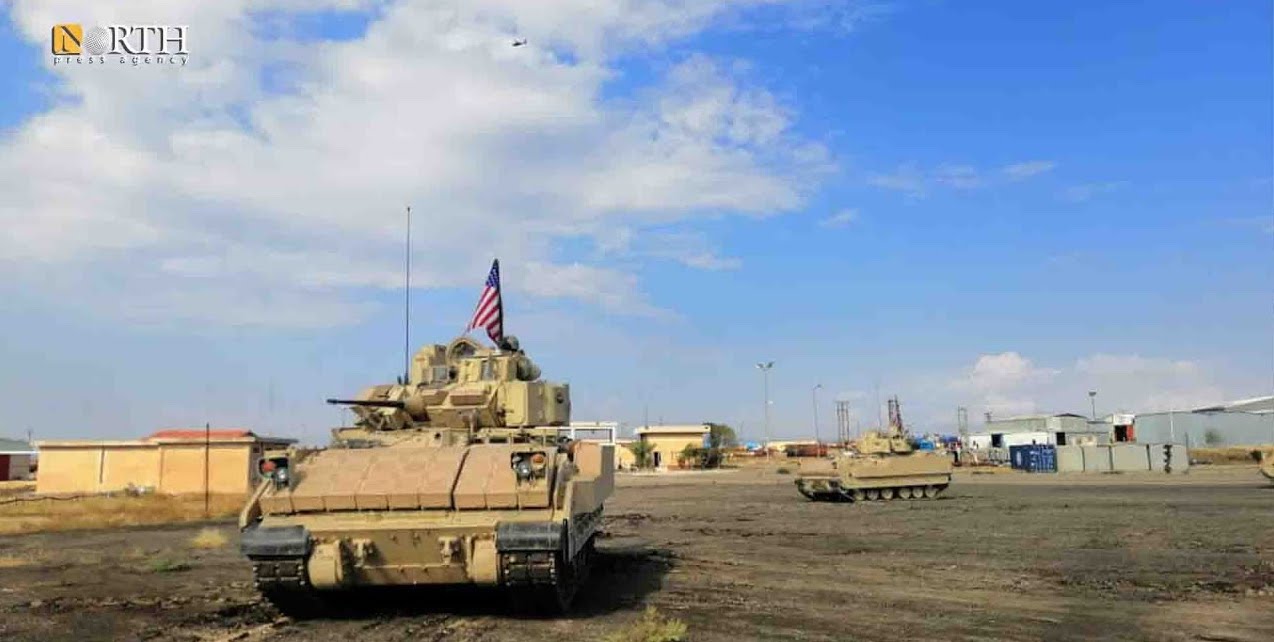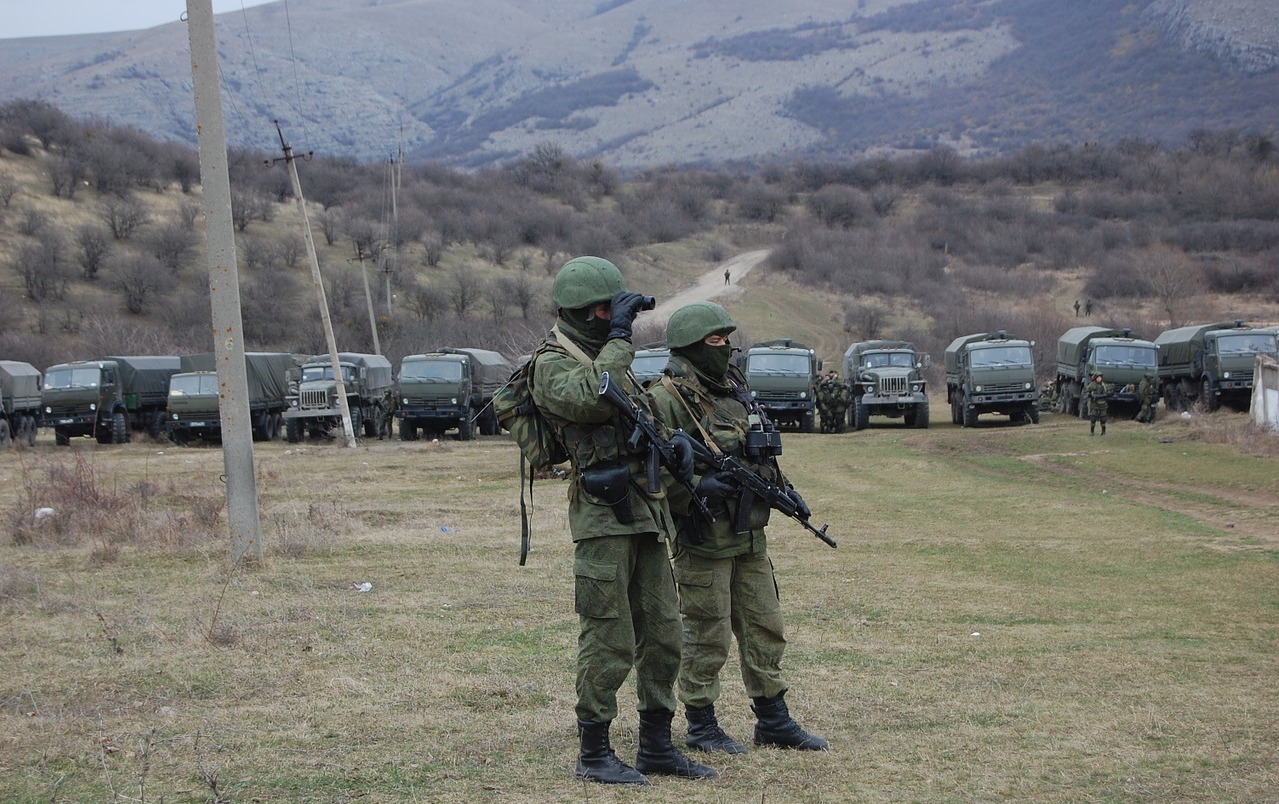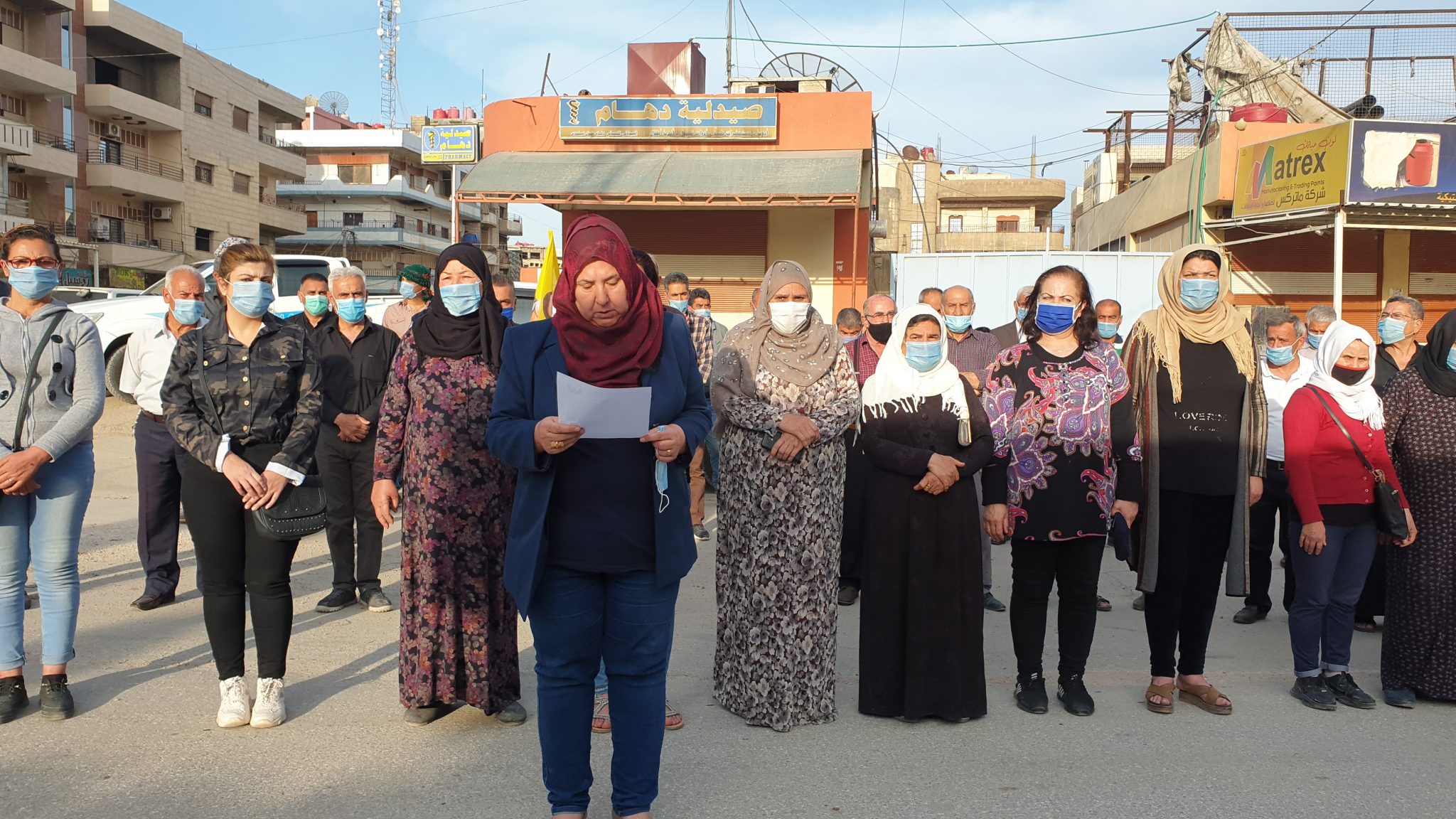
Syria: Kurdish forces take Qamishli from regime
The local Kurdish Asayish militia announced that it has taken control of the last contested district of the northeast Syrian town of Qamishli from pro-regime forces. An Asayish statement said that after several days of fighting, al-Tay neighborhood is to be in their hands under terms of a truce with the pro-regime National Defense Forces (NDF), enforced by Russian troops and the Kurdish-led Syrian Democratic Forces (SDF). The Qamishlo District Council, an organ of the Rojava autonomous administration, issued its own statement, charging that NDF attacks on Asayish checkpoints were “evidence of their desire to inflame the discord among the components of the region…in particular the Kurdish and Arab.” (Photo of Qamishlo District Council reading statement: ANHA)




